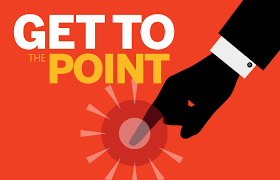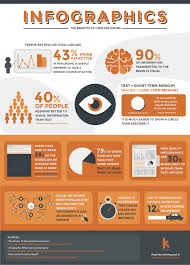
Standing the test of time – Welcome to Quo Vadis Communications
Logos are frequently updated to reflect modern design trends. But one logo that hasn’t changed is that of the famous Salzburg Music Festival in Austria. Today’s New York Times has a fascinating account of the logo’s history, including the controversial political affiliations to Nazism of its creator, the artist Leopoldine Wojtek, who, according to the NYT, began as a modernist but whose work took a conservative, Nazi-sympathetic turn in the 1930s. She was married to one of the party’s most prolific art looters and schemers. As a result of these connections (which were subsequent to the creation of her work in 1928), the festival commissioned a report into the logo to decide whether it should be retained.
Nevertheless, in spite of the background of the artist, the authors conclude, “We talked about it, and our opinion was always: This logo isn’t Nazi propaganda. It’s a logo out of the spirit of the best time in Austrian graphics. If there had been the slightest doubt that you could misinterpret it, we would have removed it.”
The report raises the question of whether graphic designers, themselves communicators, reflect the “zeitgeist” (spirit of the times) in their work? Or, indeed, whether writers also do so, consciously or not? As for Quo Vadis Communications’ logo, it will stand the test of time: an African hoopoe in flight is sparkling creativity that speaks to the quality of our work.

which continues to be used as
the Salzburg Festival logo.


 But the most important form of communication has always been to “walk the talk”. It still is. Especially now. It means your brand and its promises can be believed.
But the most important form of communication has always been to “walk the talk”. It still is. Especially now. It means your brand and its promises can be believed.
 The last tip on writing effectively in business: #Visualise your #reader. Billionaire Warren Buffett gets the right balance in his reports by writing for his sisters, Doris and Bertie – intelligent people, but not experts. (HBR, Mike Reed)
The last tip on writing effectively in business: #Visualise your #reader. Billionaire Warren Buffett gets the right balance in his reports by writing for his sisters, Doris and Bertie – intelligent people, but not experts. (HBR, Mike Reed) to people. Eg, “Keeps you warm in winter and cool in summer, thanks to its cotton-merino blend” works a lot better than “A luxurious cotton-merino blend fabric”. (Tips from HBR, Mike Reed)
to people. Eg, “Keeps you warm in winter and cool in summer, thanks to its cotton-merino blend” works a lot better than “A luxurious cotton-merino blend fabric”. (Tips from HBR, Mike Reed) Tip 4: Get to the point. Think like a #journalist – what’s the most important thing you need to say? Identify it, and put that first. Busy people need to get the point upfront. (Tips from HBR by Mike Reed, Reed Words, London)
Tip 4: Get to the point. Think like a #journalist – what’s the most important thing you need to say? Identify it, and put that first. Busy people need to get the point upfront. (Tips from HBR by Mike Reed, Reed Words, London) Tip 3: Recognise that your audience #skim-reads by glancing at a screen, picking out words and sentences. Use features like #sub-heads, #bullets, #diagrams, #infographics and #tables to help their understanding. (HBR review)
Tip 3: Recognise that your audience #skim-reads by glancing at a screen, picking out words and sentences. Use features like #sub-heads, #bullets, #diagrams, #infographics and #tables to help their understanding. (HBR review) Tip 2 in our series on effective business writing: Choose short and more familiar words. Long, complicated words and sentences confuse readers. Cut the jargon! These tips are shared from an HBR paper (Mike Reed of Reed Words, London)
Tip 2 in our series on effective business writing: Choose short and more familiar words. Long, complicated words and sentences confuse readers. Cut the jargon! These tips are shared from an HBR paper (Mike Reed of Reed Words, London) Tip 1: Talk like a human, not a business. One way of avoiding stiff formality is to write in the first person. So, instead of: “Jones and Jones is a residential agent offering customers friendly, clear and straightforward advice”, say: “We’ll give you the clear, friendly home-buying advice you need.”
Tip 1: Talk like a human, not a business. One way of avoiding stiff formality is to write in the first person. So, instead of: “Jones and Jones is a residential agent offering customers friendly, clear and straightforward advice”, say: “We’ll give you the clear, friendly home-buying advice you need.”